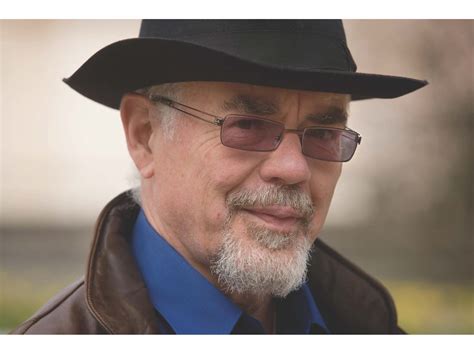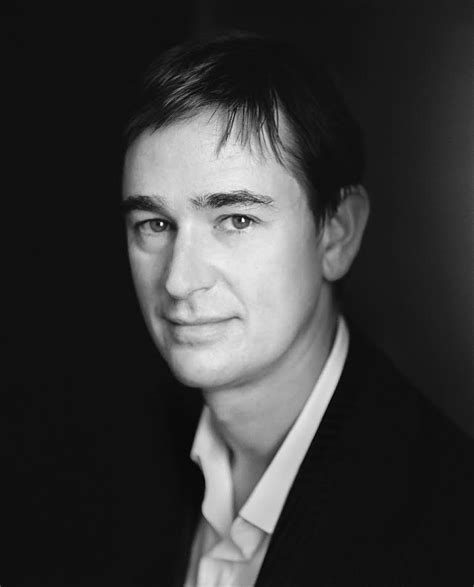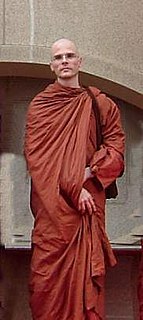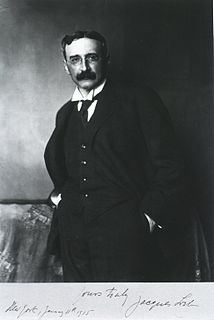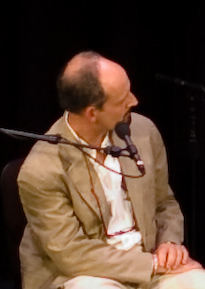A Quote by Robert Trivers
If... deceit is fundamental to animal communication, then there must be strong selection to spot deception and this ought, in turn, to select for a degree of self-deception, rendering some facts and motives unconscious so as not to betray - by the subtle signs of self-knowledge - the deception being practiced.' Thus, 'the conventional view that natural selection favors nervous systems which produce ever more accurate images of the world must be a very naive view of mental evolution.
Quote Topics
Accurate
Animal
Be Strong
Being
Betray
Communication
Conventional
Deceit
Deception
Degree
Ever
Evolution
Facts
Favors
Fundamental
Images
Knowledge
Mental
More
Motives
Must
Naive
Natural
Natural Selection
Nervous
Nervous System
Ought
Practiced
Produce
Rendering
Select
Selection
Self
Self-Deception
Self-Knowledge
Signs
Some
Spot
Strong
Subtle
Systems
Then
Thus
Turn
Unconscious
Very
View
Which
World
Related Quotes
What is the most fascinating kind of self-deception to me, and a kind that isn't necessarily unhealthy, is what Friedrich Nietzsche called "strategic self-deception." The kind of self-deception that you can engage in with your eyes wide open. You do it because you say, "There's things that I couldn't accomplish without this kind of self-deception."
Natural Selection is not Evolution. Yet, ever since the two words have been in common use, the theory of Natural Selection has been employed as a convenient abbreviation for the theory of Evolution by means of Natural Selection, put forward by Darwin and Wallace. This has had the unfortunate consequence that the theory of Natural Selection itself has scarcely ever, if ever, received separate consideration.
That's the old AA maxim, "Always have a drink in your hand and you'll never want a drink." That's one of the most classic deceptions in the literature: "I'll take a drink tomorrow." I actually don't think that's necessarily a very helpful maxim in AA, but it's a very good maxim in showing how strategic self-deception can be employed, even self-consciously. That's the amazing thing, to me, about self-deception.
The weak are not a noble breed. Their sublime deeds of faith, daring, and self-sacrifice usually spring from questionable motives. The weak hate not wickedness but weakness; and one instance of their hatred of weakness is hatred of self. All the passionate pursuits of the weak are in some degree a striving to escape, blur, or disguise an unwanted self. It is a striving shot through with malice, envy, self-deception, and a host of petty impulses; yet it often culminates in superb achievements.
It is probably true that almost all atheists stand for the values of reason and freethought. I will attempt to put these values in more substantial terms. There is the belief that inquiry and doubt are essential checks against deception, self deception, and error. There is the belief that logic and the scientific method is the only way the world can arrive at an agreement on the truth about anything.
